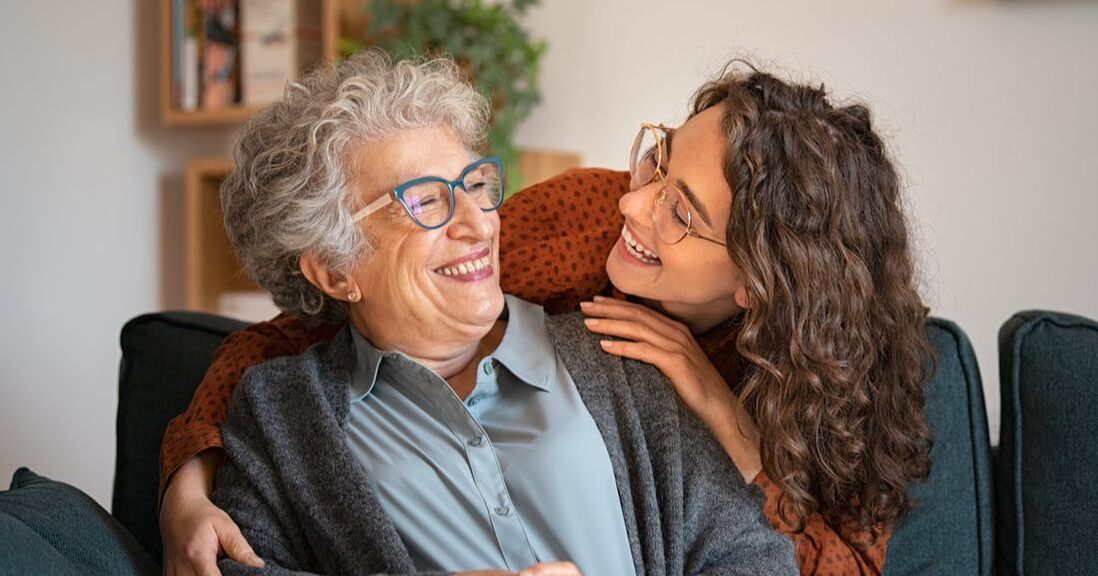|
As we age, our bodies may become more susceptible to injury. According to the Centers for Disease Control and Prevention (CDC) in the United States, falls are the leading cause of injuries in older adults. Due to this, safety has become increasingly important in the education we provide for senior care in Bloomington. It is important to be aware of potential hazards and take steps to reduce the risk of injury to ensure we remain safe.
The senior population includes those aged 50 and up. This group comprises primarily pre-retirees and retirees who maintain an active lifestyle due to improved healthcare options, better nutrition, and technological advances. Some seniors may rely on support from family members or community resources to help them manage day-to-day tasks such as transportation and shopping for groceries. Those with disabilities may need an elderly disability waiver in Bloomington to ensure proper care. Care Options for Seniors Various services are available for older adults depending on their individual needs. For example, home care agencies or long-term care facilities like nursing homes or assisted living communities can help with daily activities such as bathing, dressing, and grooming. Additionally, recreational programs specifically designed for seniors promote physical activity, social interaction, and mental stimulation. These programs also offer an outlet for emotional support through peer counseling sessions or group therapy activities. The government also created elderly waiver programs in Bloomington for those who need funding assistance. There are hospice care programs for those nearing end-of-life and needing emotional comfort during their final days. Ways to Care for the Seniors at Home There are several ways to care for the seniors at home, including the following: Pay Attention When Walking When walking outdoors, you should wear comfortable shoes with good traction, such as low-heeled sneakers or rubber soles. Additionally, it's important to walk at a relaxed pace and pay attention to your footing. If possible, avoid walking on wet or icy surfaces, slippery floors, loose carpets or rugs, uneven pavement, or other potential tripping hazards. Keep Your Home Organized Clutter can create trip hazards in the home, so it's important to keep it organized and free from obstructions–especially on stairs and pathways between rooms. Make sure there is plenty of lighting throughout the home so you can easily see any obstacles that may be present. It might also help to use nightlights in hallways or bathrooms to prevent turning on brighter lights that may cause dizziness or disorientation when getting up at night. Exercise Regularly Regular exercise is a vital part of staying healthy for seniors, as it can help improve your balance, coordination, and strength, reducing risk of falling. Talk with a doctor about what types of exercise are appropriate based on the patient’s current health status. Patients who need help funding their treatments and exercise subscriptions may also qualify for the elderly waiver program in Bloomington. Use Assistive Devices Assistive devices such as grab bars in showers, canes, walkers in hallways, or handrails on staircases can provide additional stability when moving around your home or outside environment, thus reducing the risk of falls significantly. If needed, talk with your physician about whether these devices would benefit you based on your current level of mobility and stability. Install Security Systems Installing a security system is one of the essential safety tips for older adults. Security systems can monitor activity inside and outside the home and provide peace of mind knowing that help is available. Most security systems come with emergency alerts triggered by a push of a button when help is needed. Use Mobility Aids Mobility aids are essential for helping seniors maintain their independence while remaining safe at home or in public spaces. Mobility aids such as walkers, wheelchairs, scooters, and lifts can help reduce fall risks while providing an easier way to move indoors or outdoors. Identify Hazards Seniors and families may need to identify potential hazards in their homes or living environment that could cause injury or harm in some way. This includes items such as loose rugs and electrical cords that could be tripping hazards; furniture arrangement that could cause falls; poor lighting; slippery surfaces; sharp edges on furniture; etc. Once identified, it is important to reduce these hazards as much as possible by removing them from the environment or taking precautions when moving around them. Stay Connected Staying connected is critical to staying safe. Having friends who check in regularly or family members who are always available can go a long way towards reducing risks associated with being alone at home or out in public settings. Having someone available who can assist with grocery shopping, yard work, transportation needs, etc., can be very helpful in maintaining independence while always ensuring safety. Being aware of potential risks associated with aging can help older adults remain safe and independent while living on their terms. By implementing simple safety tips like using mobility aids, identifying potential hazardous areas within the home or living environment, and staying connected with friends and family, seniors can enjoy many years of living free from worry and fear.
1 Comment
|
Director of Community Relations
Hello friends, my name is Kate and I'd love to share with you ALL of the wonderful things happening at Martin Luther Campus. Be sure to check our Blog, Lifestyle page and Facebook page often to stay updated on the happenings at our community! Archives
November 2023
Categories |
|
telephone |
|
DIRECTIONSimap
|
© 2021 Fairview Health Services
|


 RSS Feed
RSS Feed

